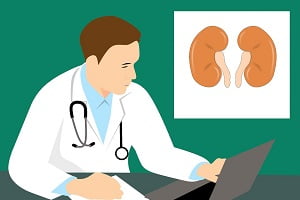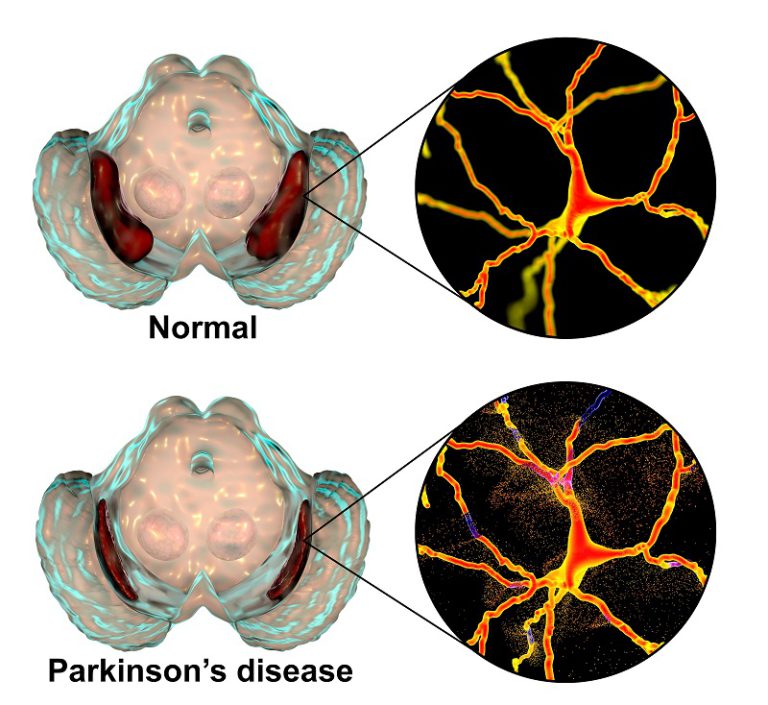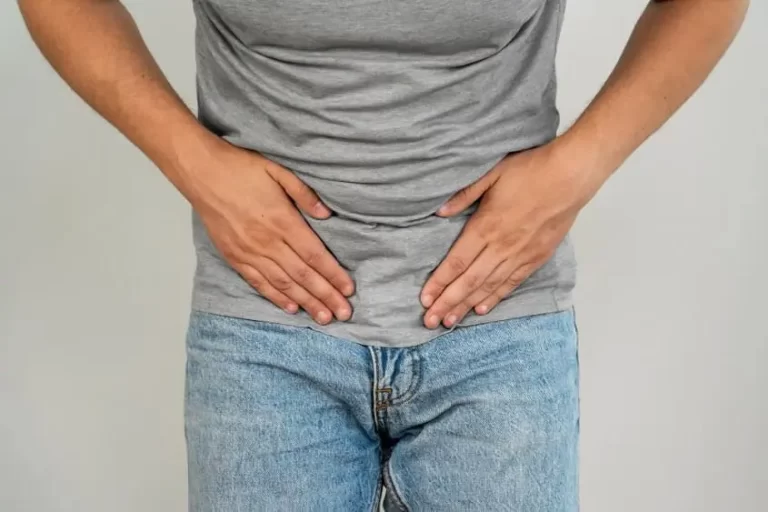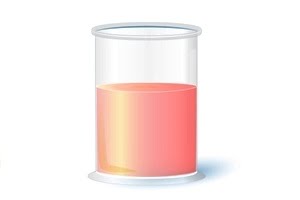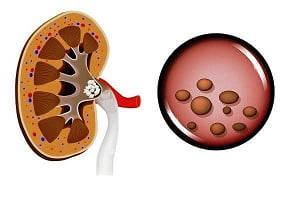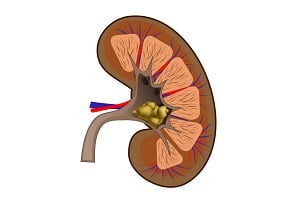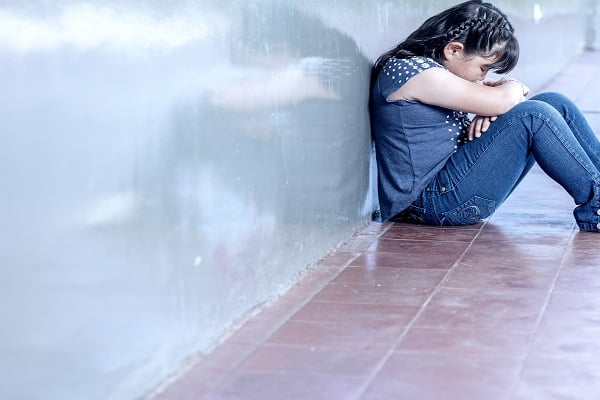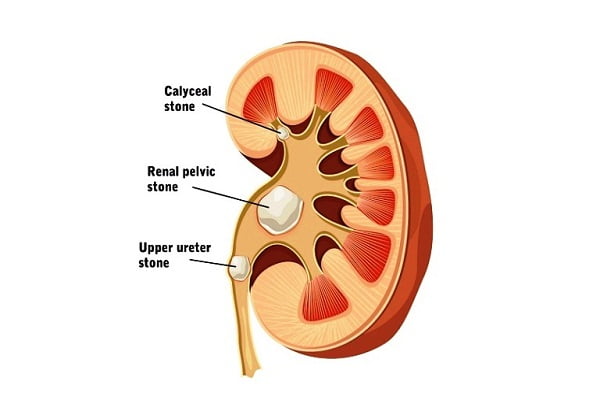Browsing: Kidney Health
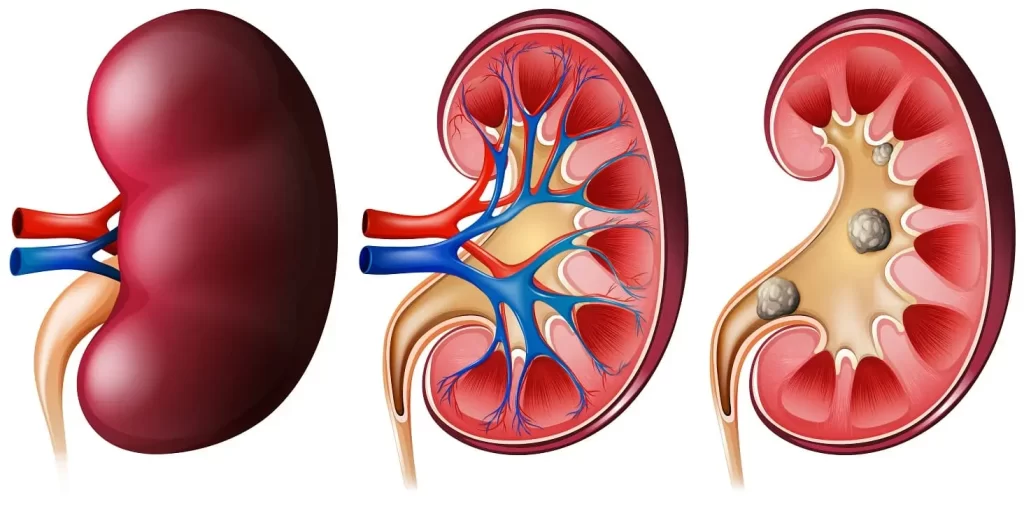
The page provides quick access to a list of common kidney and urinary system diseases, syndromes, health conditions, and other topics of health importance related to urological and urinary systems. The list is organized alphabetically. Links are provided to respective diseases sections that serve as a comprehensive and ultimate guide about the disease or health condition.
Lifestyle changes have created a huge impact on our excretory system. The incidence of excretory diseases such as kidney stones, hemorrhoids, prostate cancer, and urinary tract infection has increased widely. These diseases put high risk on other organs of the body and can even be life-threatening, in extreme cases. If any part of the excretory system is affected, it results in improper filtration of blood, difficulty to pass urine and inflammation of the urinary tract.
Major urological diseases occur as a result of gastro-intestinal problems such as irritable bowel syndrome or digestion issues. Common lifestyle diseases that are prevalent throughout the world are diabetes and hypertension, which can cause kidney disorders. Researchers indicate hereditary significance as a major cause of kidney and urological disease development.
The most common kidney and urological diseases which are prevalent in men and women include urinary tract infections, kidney stones, bladder control problems, prostate problems, acute kidney injury, kidney cysts and hemorrhoids. It is essential to maintain a healthy diet and consult a doctor if case of any kidney trouble.
How to Prevent Kidney Stones: Kidney Stones Prevention
Kidney stones, also known as renal stones or nephrolithiasis, are crystals that form inside your kidneys and are composed of hard, solid waste materials or mineral deposits. You can do many things to prevent kidney stones or to minimize the risk of developing kidney stones. Kidney stone prevention strategies may include staying hydrated, eating calcium-rich foods, avoiding vitamin C supplements, etc.
The kidney stone diet may include various food items that may help in the prevention of kidney stones. Some of these food items may include Vegetables, citrus fruits, foods with a high calcium source, low oxalate fruits and vegetables, plant-based proteins, and plenty of fluids.
Earlier, surgery to remove a kidney stone was necessary, which had a recovery time of 4 to 6 weeks. However, treatment for these stones has greatly improved now, and many options do not require major open surgery and can be performed on an outpatient basis. Kidney stones can be removed surgically via different procedures, including Shockwave Lithotripsy (SWL), Ureteroscopy, Percutaneous Nephrolithotomy (PCNL), and Open Surgery.
Cystitis in Children
Cystitis is common in children. Normally, all children have some exposure of bacteria on their bodies. Bacteria can enter their urinary tract and can cause infection to the bladder. Cystitis is a common reason for children’s visit to doctors. It has been estimated that every year about 3 in 100 children suffer with some UTIs.
Chronic Cystitis Treatment
Chronic cystitis refers to the inflammation of bladder. Treatment of infectious and non-infectious chronic cystitis depends upon the underlying cause. Chronic cystitis caused by bacteria can be treated with antibiotics.
Blood in urine without pain can be a sign of a serious illness such as prostate cancer or bladder cancer. Kidney problems may also cause painless hematuria. Most common symptom of bladder cancer is blood in urine without pain.
Kidney stones occur in various forms and sizes. Large kidney stones can be more painful and cause severe complications. Small kidney stones usually pass with urine naturally on their own. The stones that are large in size may get stuck as they exit the renal pelvis or take longer to move through the ureter, causing severe pain and other symptoms.
How Are Kidney Stones Formed?
When concentration of stone forming substances increases in the kidneys, they start gathering together. This results in the formation of tiny crystals through a process known as precipitation. These crystals grow and form large hard insoluble substances over time and are called kidney stones.
Hematuria (Blood in Urine) in Kids
Hematuria is a condition characterized by the presence of red blood cells in the urine. Generally, red blood cells are not present in urine because filters in the kidney prevent blood from entering the urine. In hematuria, the filters or other parts of the urinary tract may be responsible for leaking blood into the urine.
What Do Kidney Stones Look Like: Shape, Size, Color and Composition?
Kidney stones have variable appearances. They may vary with respect to their color, size and shape. The size of kidney stones can range from small sized crystals to large sized stones such as the size of a golf ball. Usually, small-sized stones can easily pass through the urinary tract without any medical assistance.




